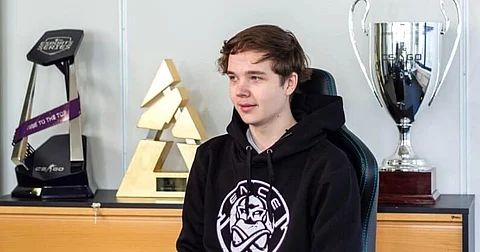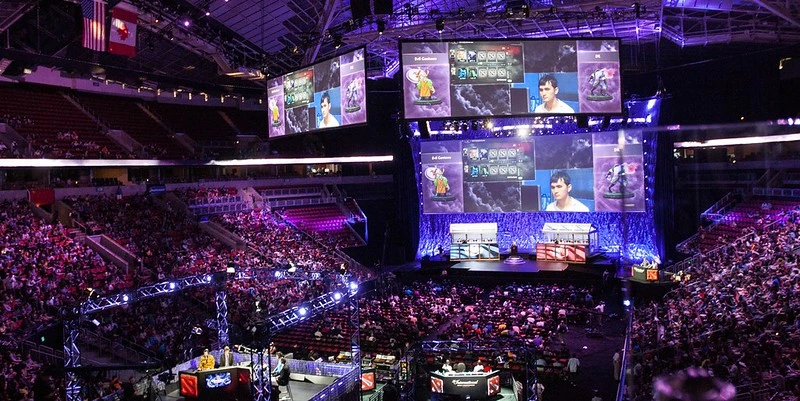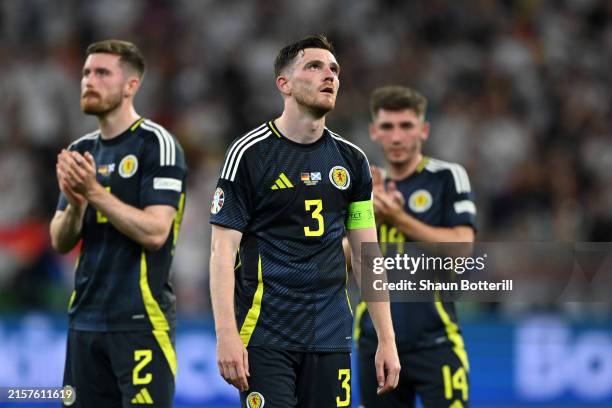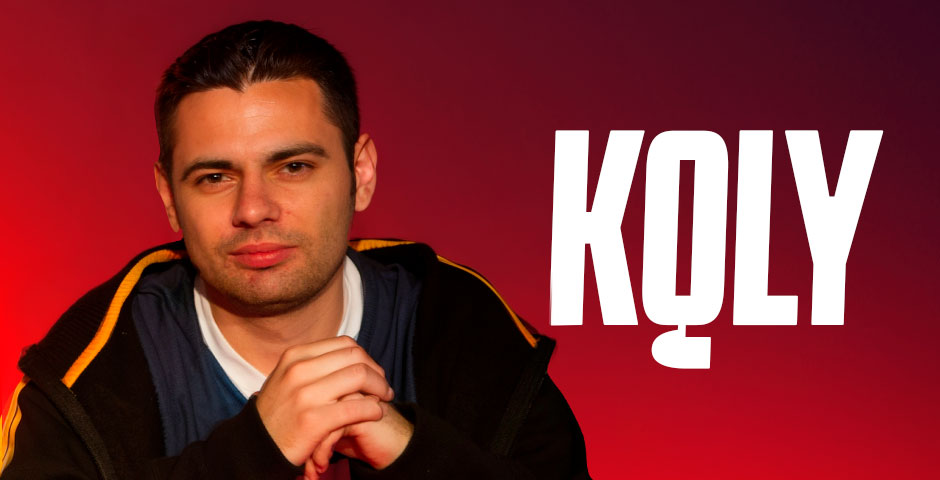The VAC Ban Elephant in the CS2 Room: Jamppi, Valve, and the Shifting Sands of Competitive Integrity The Valve Anti-Cheat system, or VAC, is a ghost that haunts Counter-Strike.

The Valve Anti-Cheat system, or VAC, is a ghost that haunts Counter-Strike. I remember back in the 1.6 days, the mere mention of VAC was enough to send shivers down the spines of even the most seasoned players. It was a blunt instrument, often criticized, but ultimately, it served as a deterrent. Now, decades later, the complexities surrounding VAC bans, particularly when they bleed into the professional scene, continue to spark debate. The case of Elias "Jamppi" Olkkonen, a supremely talented player perpetually on the cusp of CS2 Major contention, highlights the inherent difficulties in Valve's approach and forces us to confront uncomfortable questions about fairness and competitive integrity.
Jamppi's frustrated expression captures the weight of the VAC ban and its impact on his career, set against the backdrop of the grand esports stage.
The Jamppi Predicament: A Ban From Another Game
For those unfamiliar, Jamppi's situation is a unique and frustrating one. He received a VAC ban on an account that, allegedly, wasn’t even being used to play Counter-Strike. The infraction occurred years ago, while he was still a minor, in a different game entirely (though often speculated, never officially confirmed). The crucial point is this: the ban wasn't for cheating in CS:GO or CS2. Despite his clear talent and the fact that he has publicly appealed the ban, even offering to undergo any form of scrutiny, Valve's policy prevents him from participating in Valve-sponsored CS2 Majors.
Arguments For and Against Eligibility: A Thorny Dilemma
The arguments surrounding Jamppi's eligibility are multifaceted, and both sides hold considerable weight.
Arguments in favor of Jamppi:
- No CS Cheating: The most compelling argument is that Jamppi never cheated in Counter-Strike. Holding a ban from another game against him, particularly when he was a minor, seems disproportionate to the alleged crime.
- Youthful Indiscretion: He was young at the time of the ban. While this doesn't excuse the infraction, it does offer a degree of mitigation. People make mistakes, especially when they're young.
- Public Appeal and Transparency: Jamppi has publicly appealed the ban and has been transparent about the situation. This willingness to cooperate and demonstrate remorse should, arguably, be taken into consideration.
Arguments against Jamppi:
- Valve's Precedent: Valve has historically maintained a firm stance on VAC bans, rarely overturning them, regardless of the circumstances. Changing the policy for Jamppi would open the floodgates for countless other appeals.
- Potential for Exploitation: Allowing players with VAC bans from other games to compete in Majors could create opportunities for exploitation. What's to stop someone from cheating in a less-watched game to gain an advantage, knowing they can still compete in CS?
- Maintaining Competitive Integrity: Even the perception of compromised integrity can damage the CS2 esports scene. Allowing someone with a cheating history, regardless of the game, to compete at the highest level might erode trust.
 The intense focus of a CS2 player underscores the high stakes and the need for fair competition at the professional level.
The intense focus of a CS2 player underscores the high stakes and the need for fair competition at the professional level.
The Expert Takes: Consistency vs. Second Chances
The debate inevitably brings to mind the strong opinions often voiced by figures in the CS community. To paraphrase a sentiment you might hear from someone like Richard Lewis or Thorin: "Valve needs to be careful. If they bend the rules for one player, where does it end? It sets a dangerous precedent. Once you start making exceptions, the entire system becomes arbitrary." The emphasis here is on consistent application of the rules, even if the outcome seems harsh in individual cases. It’s about maintaining a clear and unwavering standard for everyone.
On the other hand, you have voices like Semmler, who often highlight the human element: "Everyone deserves a second chance. Holding a mistake from years ago against him for his entire career seems excessively harsh." This perspective emphasizes rehabilitation and the potential for growth, particularly when the individual has demonstrated remorse and a commitment to fair play.
 This image captures the emotional weight of the situation, emphasizing the human side of the Jamppi VAC ban controversy.
This image captures the emotional weight of the situation, emphasizing the human side of the Jamppi VAC ban controversy.
The Nuances of a Difficult Decision: My Take
Having spent years both competing in and observing this ecosystem, I can appreciate the complexities Valve faces. This isn't a simple black-and-white situation. There's no easy answer that will satisfy everyone.
Valve's reluctance to overturn VAC bans is understandable. The system, while imperfect, is designed to protect the competitive integrity of their games. A blanket reversal, or even a series of individual exceptions, could undermine the system's credibility and encourage others to take risks. Furthermore, the technical challenges of definitively proving that a ban was issued in error, or that the flagged account wasn't used for illicit purposes in any Valve game, are substantial.
 This diagram represents the intricate relationships between the various entities involved in the VAC ban controversy.
This diagram represents the intricate relationships between the various entities involved in the VAC ban controversy.
However, the rigidity of the current policy also presents problems. Cases like Jamppi's, where the ban originates outside of Counter-Strike and occurred during his youth, raise legitimate questions about proportionality. Is a lifetime ban from the biggest tournaments in CS2 truly justified for an infraction committed in another game, years prior? The lack of transparency surrounding the VAC system further exacerbates the issue. Players often receive little to no information about the specific reasons for their ban, making it difficult to appeal or even understand the decision.
Ultimately, Valve needs to find a balance between maintaining the integrity of its competitive scene and exercising a degree of discretion in exceptional cases. Perhaps a more nuanced approach to VAC bans, one that considers the severity of the infraction, the age of the offender, and the specific game in which the cheating occurred, is necessary. The long-term health of CS2 esports depends on it.